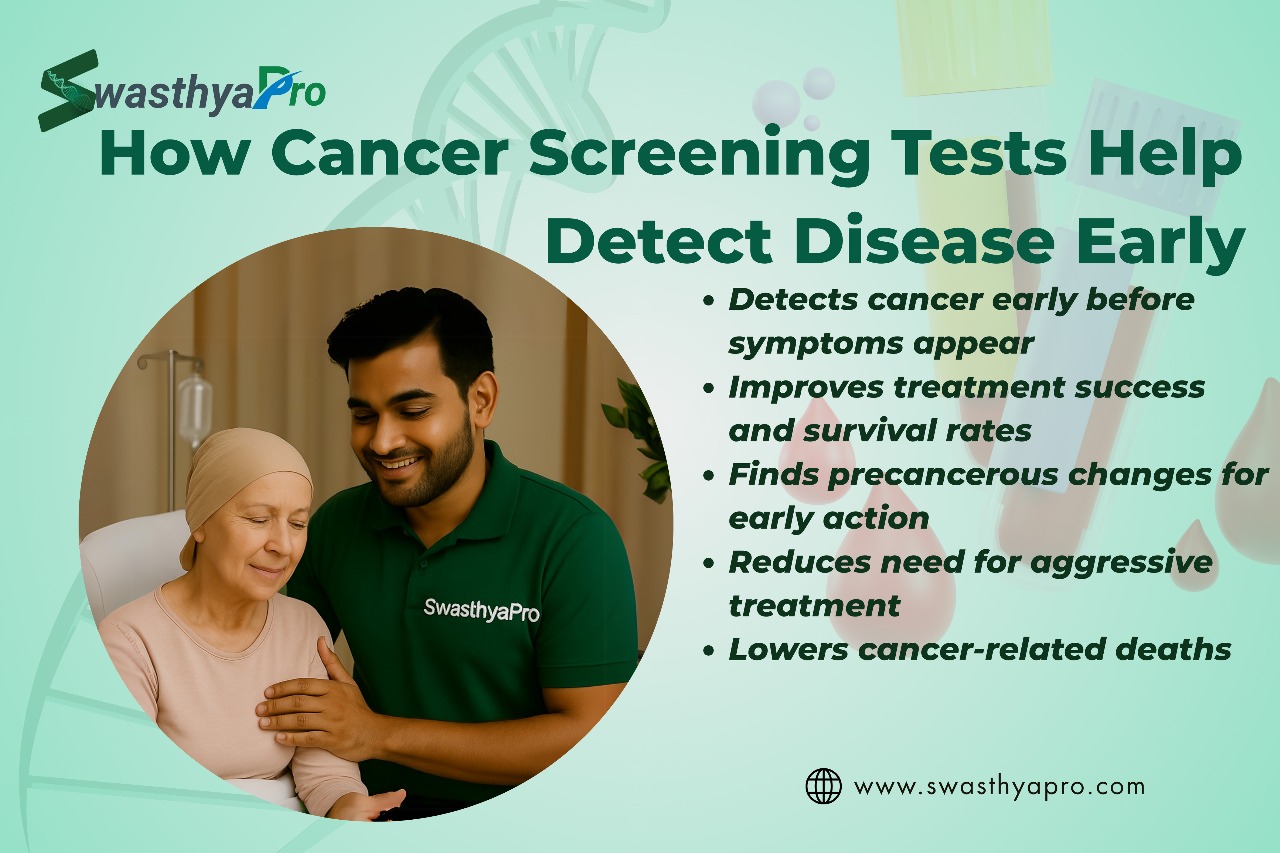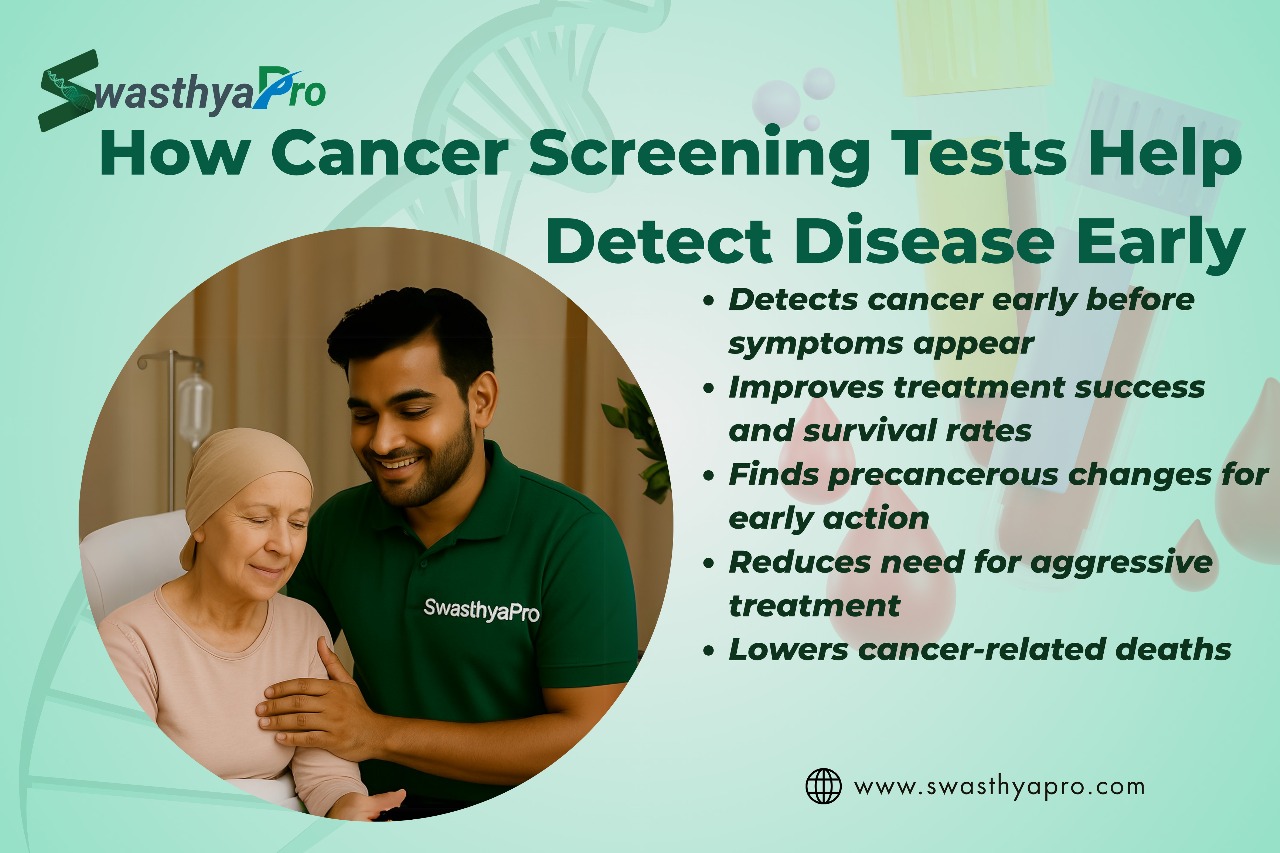Why a Full Body Checkup Could Save Your Life: Early Detection Matters

Strong 8k brings an ultra-HD IPTV experience to your living room and your pocket.
In today’s busy world, most of us only visit the doctor when something feels wrong. A headache that won’t go away. A stomach issue that keeps coming back. But what if you could catch serious health problems before symptoms even appear?
That’s exactly what a Full Body Checkup is designed to do.
A Full Body Checkup is not just a routine health test — it’s a powerful tool that can help detect diseases early, monitor your body’s vital functions, and give you peace of mind. In some cases, it can quite literally save your life.
Let’s explore what a Full Body Checkup is, why it’s important, and how early detection could change everything.
What Is a Full Body Checkup?
A Full Body Checkup is a collection of medical tests and screenings done together to assess your overall health. It gives doctors a clear picture of how your organs are functioning, whether there are early signs of disease, and what areas of your health may need more attention.
A typical Full Body Checkup may include:
- Blood and urine tests
- Liver and kidney function tests
- Heart and lung evaluations
- Blood pressure and cholesterol checks
- Diabetes screening
- Vitamin and mineral levels
Imaging tests like chest X-rays or ultrasounds (optional)
ECG or stress test (depending on age or risk factors)
Think of it as a health audit — a check-in to make sure everything is working the way it should.
Why Early Detection Is So Important
Many serious diseases like diabetes, high blood pressure, heart disease, liver problems, and even cancer don’t show symptoms in the early stages. You may feel completely fine while something harmful is slowly developing inside your body.
That’s where a Full Body Checkup makes all the difference. By catching these problems early, you can:
- Start treatment before the condition worsens
- Avoid expensive emergency care in the future
- Make lifestyle changes in time to reverse or slow the disease
- Prevent long-term damage to organs
Increase your chances of full recovery
Early detection often means less invasive treatment and faster recovery. In some cases, it can even mean avoiding a serious illness altogether.
Real-Life Examples of Lives Saved
Here are just a few examples of how a Full Body Checkup can change someone’s life:
- A 40-year-old man goes for a checkup and finds his blood sugar is borderline diabetic. He starts walking daily, changes his diet, and prevents diabetes altogether.
- A woman in her 30s gets a routine scan that finds a small growth on her thyroid. It turns out to be cancer — but it’s caught early and treated successfully.
- A healthy-looking young adult discovers through testing that their cholesterol is dangerously high. They start medication and diet changes before any heart issues arise.
Without the checkup, these people might not have known until it was too late.
Who Should Get a Full Body Checkup?
A Full Body Checkup is useful for everyone — regardless of age or fitness level. But it’s especially important for:
- People above 30 years of age
- Individuals with a family history of heart disease, diabetes, or cancer
- People with stressful or sedentary lifestyles
- Smokers, drinkers, or those with poor sleep habits
- Anyone who wants to take control of their health
You don’t need to feel sick to book a checkup. In fact, the best time to get one is when you feel fine — that’s when early detection is most powerful.
How Often Should You Get a Full Body Checkup?
The ideal frequency depends on your age and health status:
Age 20–30: Every 2–3 years
Age 30–50: Once every 1–2 years
Age 50+: Once a year or as recommended by your doctor
If you have existing health issues or a high-risk lifestyle, more frequent checkups may be advised.
What to Expect During a Full Body Checkup
A full body checkup usually takes a few hours and includes both lab tests and physical examinations. You may need to:
Fast for 8–10 hours before the blood test
Provide urine and/or stool samples
Undergo ECG, X-rays, or ultrasounds depending on the package
Have your blood pressure, weight, and BMI measured
It’s simple, safe, and often covered by health insurance or workplace wellness plans.
Final Thoughts
Your health is your most valuable asset. A Full Body Checkup isn’t just for when you feel unwell — it’s a proactive way to stay ahead of illness, prevent serious diseases, and live a longer, healthier life.
Don’t wait for warning signs. Make early detection part of your health routine.
Because sometimes, the best way to save your life… is to check before anything goes wrong.
Book your Full Body Checkup today — your future self will thank you.
Note: IndiBlogHub features both user-submitted and editorial content. We do not verify third-party contributions. Read our Disclaimer and Privacy Policyfor details.







